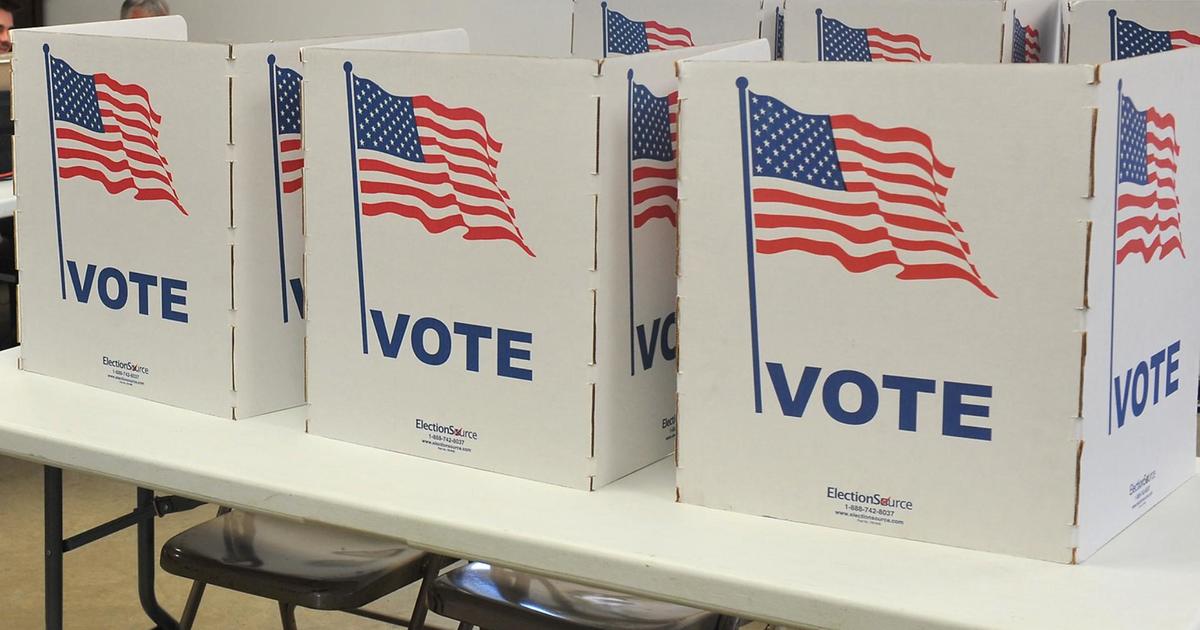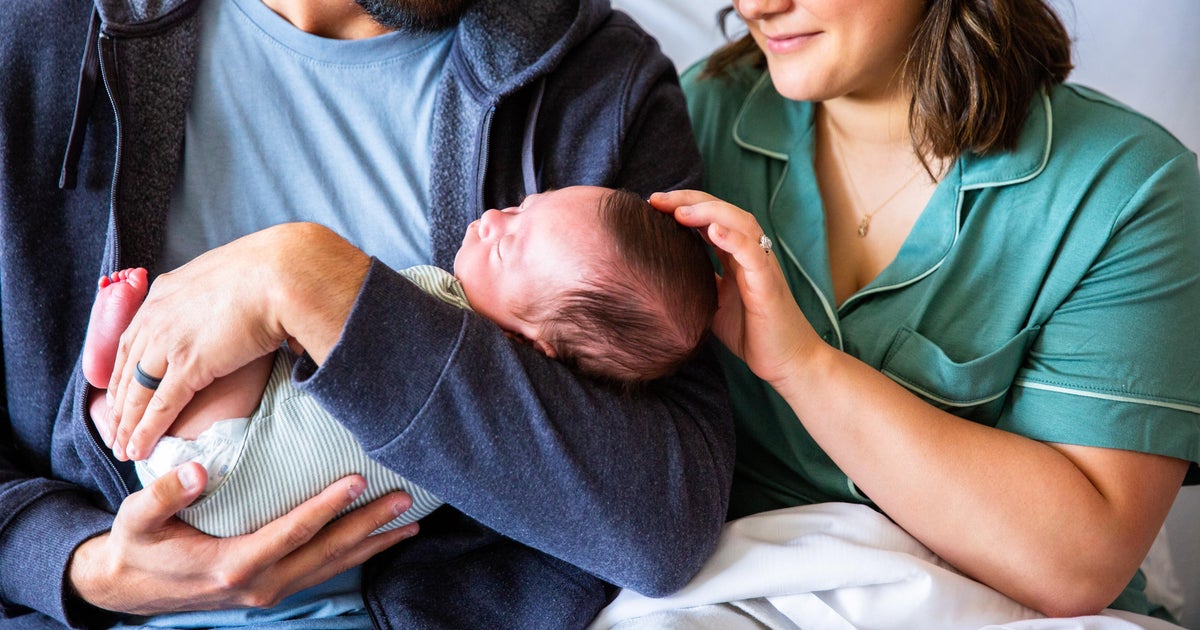See 2024 results for Texas House Districts 70, 108, 112 – which could impact Abbott's school voucher program
DALLAS – Democrats and Republicans won Texas House seats that could impact Gov. Greg Abbott's school voucher program, the Associated Press projects.
Mihaela Plesa, a Democrat, will continue to represent District 70. Morgan Meyer, a Republican, will represent District 108, and Angie Chen Button, a Republican who has served eight terms as the only Asian American woman in the Legislature, will represent District 112 in the Texas Legislature, the AP projected.
Abbott's School Choice Plan would allocate $5 million — $8,000 annually — in tax-funded support for families with children transitioning from public schools to private schooling statewide. The funds, funneled through education savings accounts (ESAs), could be used for approved expenses such as private school tuition, tutoring or textbooks.
With his efforts dating back to 2017, school choice is a top priority for Abbott, who argues that parents should have the freedom to choose the best educational environment for their children, whether that be traditional public schools, charter schools or private institutions.
Opponents argue that the proposal will mainly benefit wealthy Texans while pulling needed funds away from public schools.
Abbott pushed the School Choice Plan as a key issue during the 2023 Legislative session. After the issue did not pass in the regular session, Abbott called two special sessions to try again.
In an effort to win over opponents, a later version of the school choice plan tied in pay raises for public school teachers and other increases in public school funding. That plan ended up failing by a vote of 84-63 with 21 Republicans joining Democrats in opposition during a special session in November of 2023.
The Republican votes against the voucher plan mainly came from rural lawmakers, whose constituents rely more on public schools because there are fewer private schools available.
After the numerous failures to pass the legislation, Abbott vowed to back primary challenges to the GOP lawmakers who voted against it. Following the March primary, in which his candidates ended up defeating several Republican incumbents, Abbott asserted that he would have enough support among GOP lawmakers — 76 votes — to pass his plan.
However, the plan's success hinged on Tuesday's election. If Democrats were to flip two competitive seats currently held by Republicans and hang on to a third, it could have been enough to block the school choice plan again.
In District 70, which covers parts of southern Collin County, Plesa campaigned against Abbott's plan, prioritizing public education funding.
However, like other advocates, Republican challenger Steve Kinard believes the plan gives families with special needs children or seeking religious education the freedom to choose schools that align with their values.
Meyer represents District 108, encompassing the Park Cities, Uptown, Downtown, Bluffview, Preston Hollow, Lakewood and Lake Highlands. His campaign website touts a commitment to fully funding public education, yet he also supports school vouchers. Meyer has received an endorsement from Abbott and voted against removing education savings accounts from the House education omnibus bill in November.
Democrat Elizabeth Ginsberg, who competed against Meyer, opposes school vouchers.
Button, whose District 112 includes parts of six different cities in northern and northeastern Dallas County, supports Abbott's plan, arguing it benefits students with special education needs and encourages public schools to improve through increased competition.
Her Democratic opponent, Averie Bishop, a public school graduate and former substitute teacher, opposed school vouchers.







